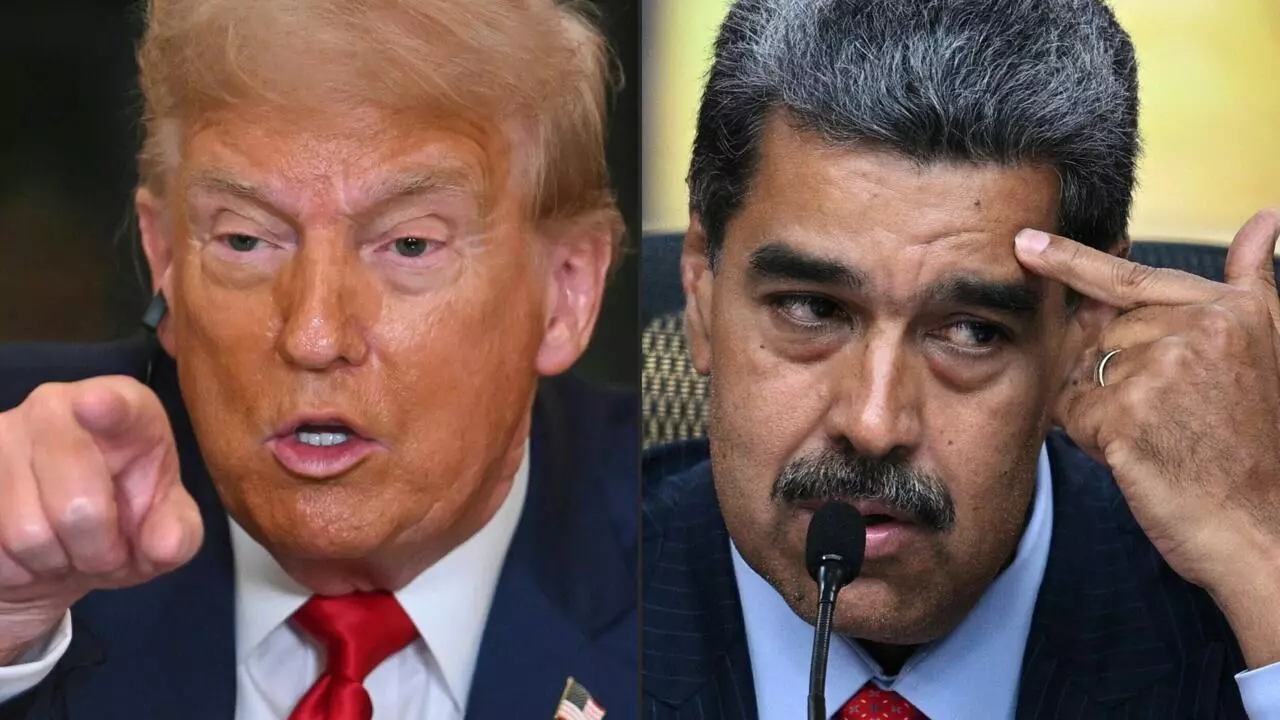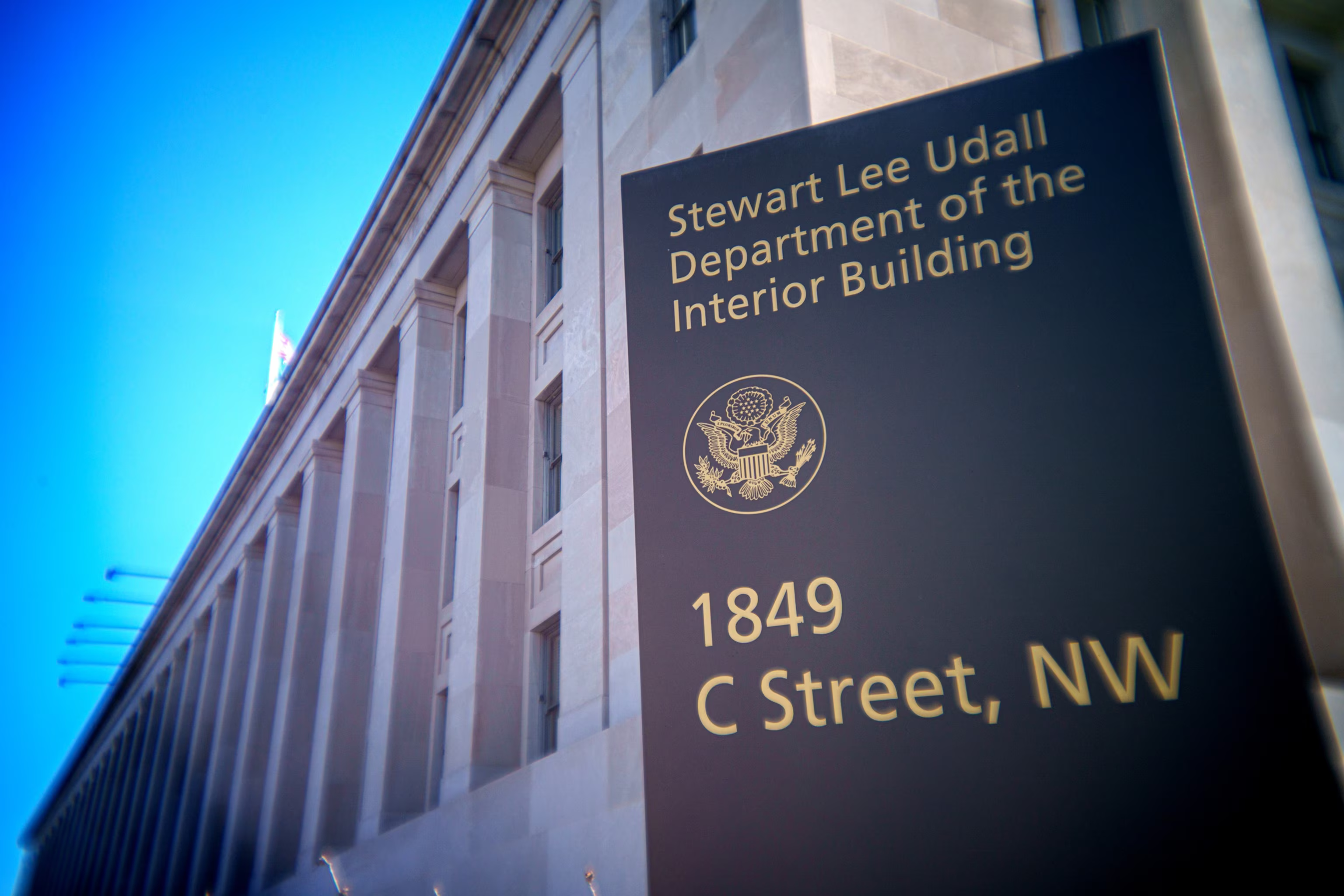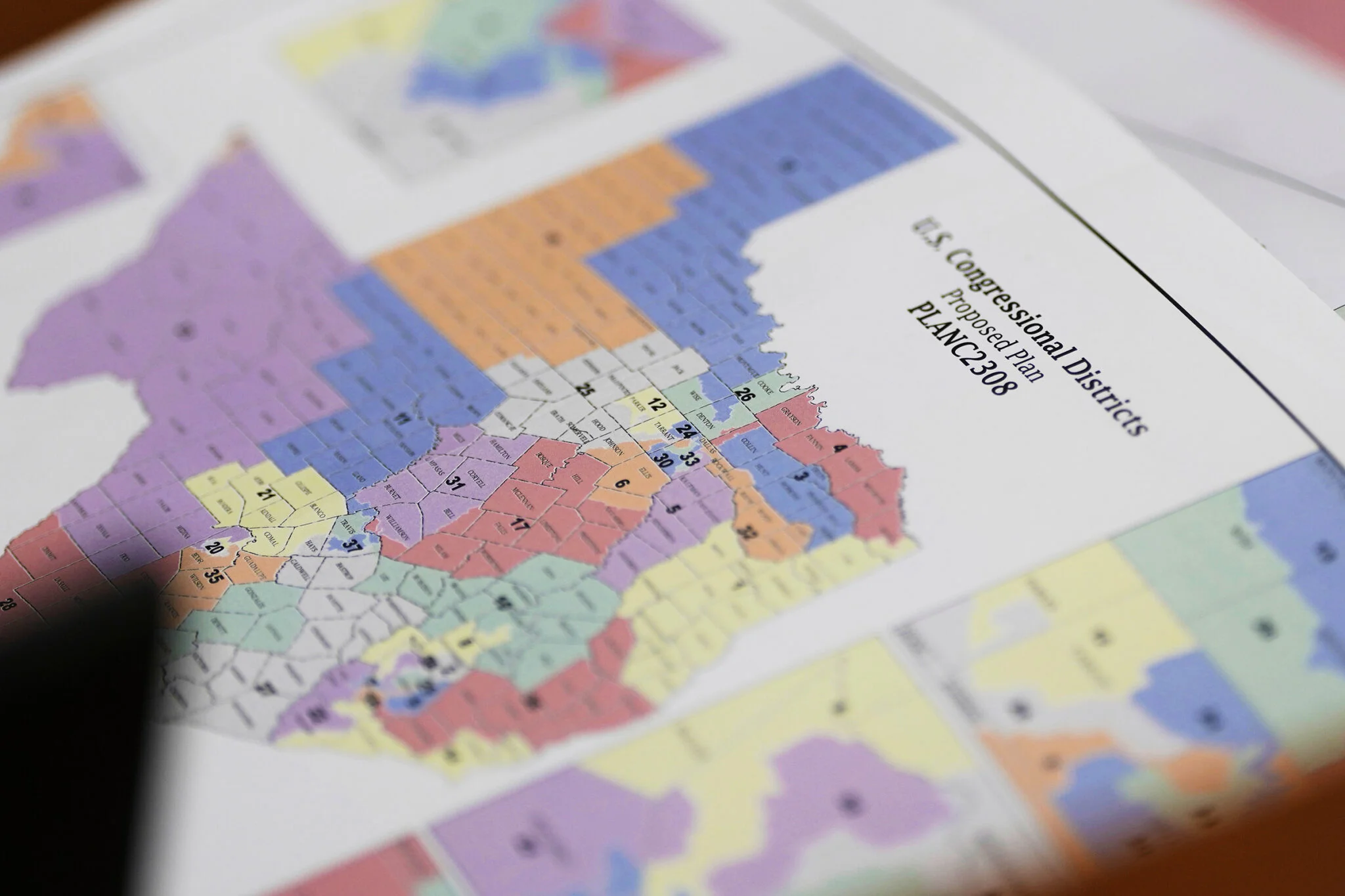WASHINGTON — For months, back-channel diplomacy between Washington and Caracas kept a door open, even as both sides traded barbs in public. That door just slammed shut. President Donald Trump has pulled the plug on all negotiations with Venezuela, a sharp break in U.S. policy toward Nicolás Maduro’s government.
The call came during a Thursday meeting with military leaders, when Trump told his envoy, Richard Grenell, to walk away from the table. The New York Times broke the story, which marks the end of months of quiet talks between the two countries.
Years of bad blood
The U.S. and Venezuela have been at odds for over a decade now. Since Nicolás Maduro took over in 2013 after Hugo Chávez died, Venezuela has gone into a tailspin. Runaway inflation, empty store shelves, and falling-apart infrastructure have pushed millions of Venezuelans to pack up and leave.
Washington has never bought into Maduro’s claim to power. The 2018 elections that kept him in office were widely criticized by international observers. Opposition candidates got blocked from running, and there were reports about voter intimidation and fraud. The U.S. and dozens of other countries refused to recognize the results.
In response, the White House went after Venezuela with sanctions hitting its oil industry, state companies, and government officials. Still, even with all the public fighting, diplomatic channels had remained open. Until now.
The deal that wasn’t
Before negotiations ended, Maduro made a proposal. According to sources cited by Latin Times, he offered the Trump administration access to Venezuela’s oil and gold reserves in exchange for easing tensions.
Venezuela sits on the world’s largest proven oil reserves. It also has substantial gold deposits, which have become increasingly important as oil production has plummeted due to mismanagement, corruption, and lack of investment.
The offer was rejected. U.S. officials have insisted that any normalization of relations must be tied to democratic reforms, including free elections, the release of political prisoners, and respect for human rights.
Venezuela makes its pitch at the U.N.
With pressure mounting, Venezuela turned to the United Nations. On Friday, October 10th, Venezuelan Ambassador Samuel Moncada stood before the U.N. Security Council with an urgent message.
“We believe this is the right moment for this Security Council to fulfill the mandate entrusted to it and prevent a catastrophe that could shake the entire region for generations,” Moncada said.
He accused Washington of violating international law and called on the Security Council to intervene.
The council heard him out but took no immediate action. Russia and China, both of which have economic and political ties to Caracas, have traditionally blocked efforts to pressure Maduro.
The neighbors are worried
For countries around Venezuela, this breakdown comes at a difficult time. Millions of Venezuelans have fled their homeland in recent years. Colombia, Brazil, and Peru have absorbed waves of migrants, straining public services.
Colombia has been particularly affected. It shares a 1,400-mile border with Venezuela and has taken in more than 2.5 million Venezuelan migrants and refugees, according to U.N. estimates.
Brazil has also felt the impact. The northern state of Roraima, which borders Venezuela, has seen its population swell as people cross the frontier.
The European Parliament passed resolutions in 2024 expressing concern over human rights conditions in Venezuela, including reports of arbitrary detention documented by international organizations.
Contact us today through our WhatsApp to discover how we can help you achieve success in the United States.
Sources: Latin America Reports | Latin Times | NY Times | NYCFPA



